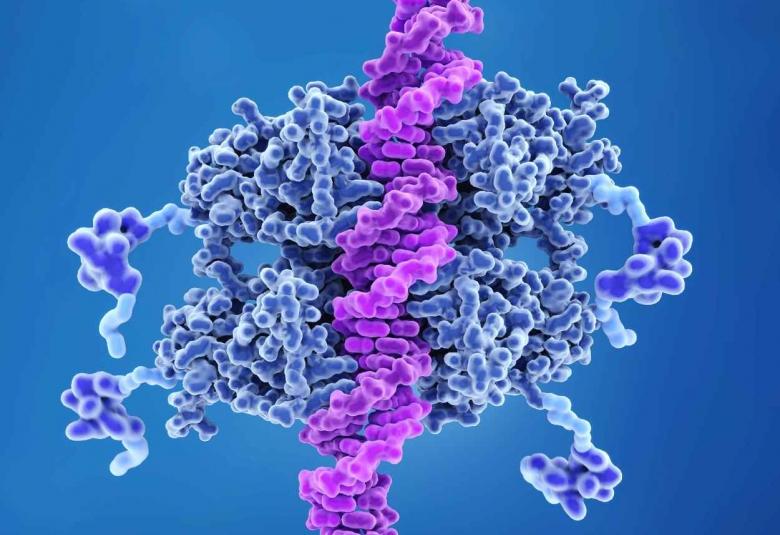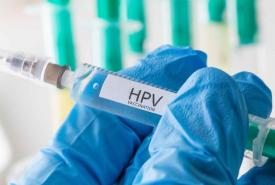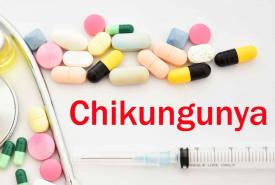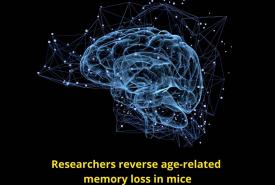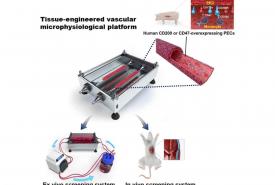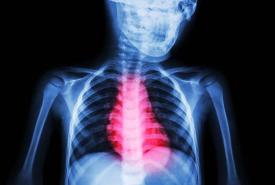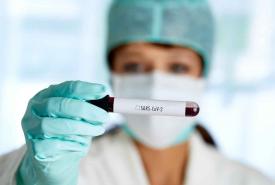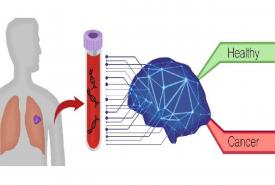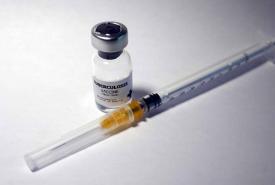Recent cancer research therapies targeting mutant p53
The tumor suppressor protein p53 is mutated in more than half of all human cancers. Several drugs that potentially can restore mutant p53 to its normal cancer-killing function are in clinical investigation.
However, much remains to be learned about various mutations that lead to a “loss of function” in the protein and others that cause a putative malignant “gain of function,” acceleration of cancerous growth and spread (metastasis), for example.


